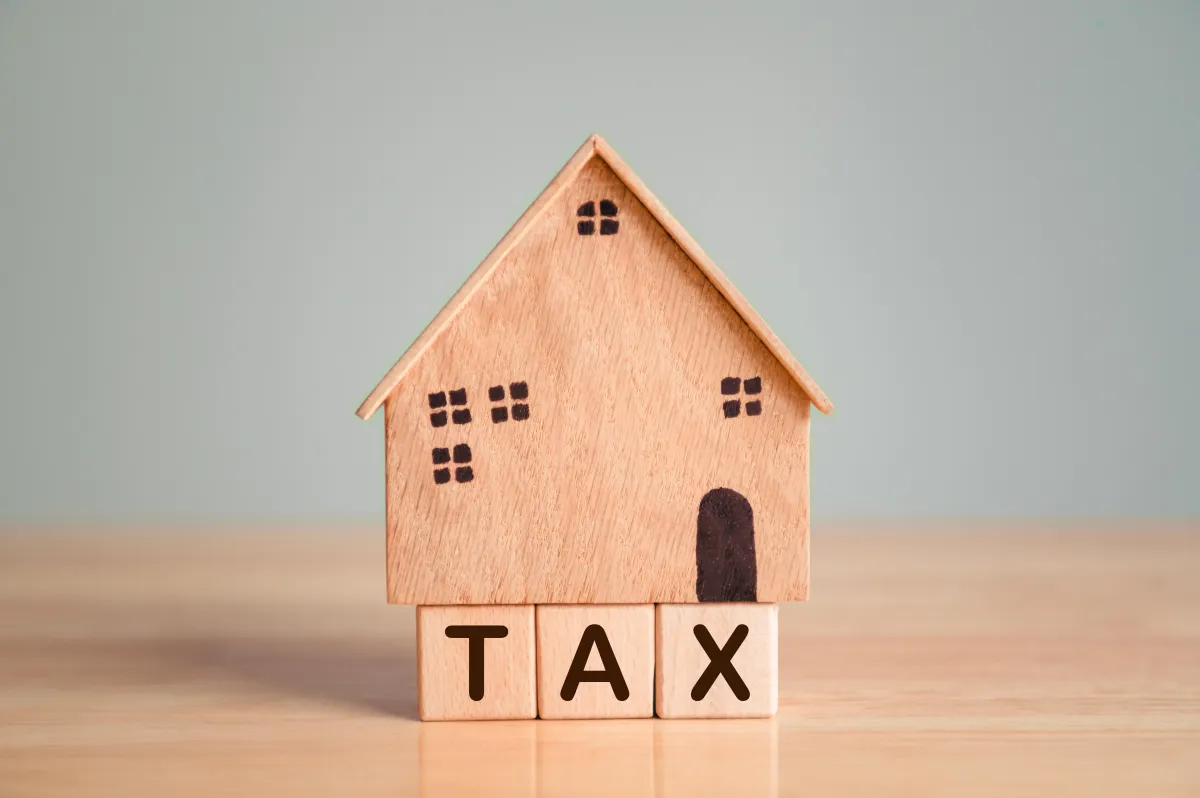18% Interest Rate? The Truth About Tax Lien Investing
Main Points

There’s a lot of hype and misinformation out there about tax lien investing. You’ve probably heard self-proclaimed 'experts' boast about making double-digit returns overnight; but here at The United States Tax Lien Association, we believe in cutting through the noise with real-world knowledge backed by over 30 years of expert experience.
Tax lien interest rates vary widely depending on the state and county, typically ranging from 8% to 24% annually. These rates are designed to compensate investors for providing the funds needed to support essential public services when property owners fail to pay their property taxes.
In this article, we’ll use a real-world example based on a 18% annual interest rate to show how tax lien investing works in practice, what it means for your profits, and why understanding the structure of tax lien interest is critical to your success as an investor.
Understanding The Basics: How Tax Lien Certifications Work
When property owners fall behind on their taxes, counties face a serious shortfall in the revenue they rely on to operate. That’s where tax lien certificate investors come in. Investors can purchase tax lien certificates either through competitive auctions or over-the-counter sales, depending on the county's process.
By purchasing a tax lien certificate, you are essentially lending the county the money it is owed. In return, the investor receives a certificate that earns interest, typically ranging from 8% to 24% annually, until the property owner repays the debt during the redemption period. If the owner redeems, the investor is repaid the original investment plus interest. If not, the investor may eventually initiate foreclosure proceedings, though that outcome is rare.
This immediate injection of funds ensures the county can continue delivering vital services, like keeping teachers in classrooms, first responders on call, hospitals equipped, and infrastructure projects moving forward.
Without this system, communities would suffer delays or cutbacks in services. While you, the investor, earn a strong fixed return, you also play a direct role in supporting the backbone of your community.
Your investment is backed by real estate, placing you in a first-position lien status. That means your return is not only locked in by law but also secured by the underlying property itself, making tax lien certificates one of the most reliable and predictable investment vehicles available today.
Interest Rates Explained: Why 8% to 24% Isn’t Always What You Get
It’s important to understand that the 8% to 24% advertised interest isn’t uniform nationwide; it varies not only by state, but in many cases, by each county within the state.
Each county government sets the terms of its tax lien certificate auctions based on state law; however, local procedures and competitive bidding formats can influence the actual rate investors receive.
For example, tax lien certificates in Iowa pay a guaranteed maximum of 24% interest per year, while those in Indiana pay up to 15% annually.
Once you acquire a tax lien certificate, your interest rate is locked in. They are entirely insulated from market crashes, real estate downturns, economic recessions, or even global crises. Regardless of what happens in the economy, your tax lien certificate continues to earn its fixed, secured rate.

A Real World Example: How a 18% Return Works in Florida
Let's focus on a real-world explanation of this process; take Florida, for example. With a property tax rate of 0.5%, the annual tax bill on a $200,000 property would be $1,000.
Suppose a tax lien certificate is issued on that property. In that case, an investor can step in, pay the $1,000 in back taxes to the county, and in return, become the first-position lien holder, meaning a $200,000 asset fully secures their $1,000 investment.
Florida tax lien certificates currently pay a fixed interest rate of 18% per year. So, when the property owner redeems the certificate, they must pay the county the original $1,000 plus the 18% interest. The county then returns the entire principal and interest to the investor.
Until that happens, the property cannot be sold, refinanced, or transferred until the investor is fully paid out, principal and interest.
In this scenario, if the property owner redeems the tax lien certificate exactly one year later, you would receive your original $1,000 investment plus $180 in interest, thanks to Florida's 18% annual return. However, because the 18% is an annualized interest rate, your actual earnings will depend on how long the property owner takes to repay the loan. The earlier they pay, the smaller the interest; the longer they wait (within the redemption period), the more you earn.
So though 18% sounds like a great rate, it can vary depending on those factors.
Can You Get Rich From Investing in Tax Lien Certificates?
Tax lien investing offers one of the safest and most accessible ways to begin building real wealth, especially for those who aren’t yet ready to deal with the risks, costs, or complications of owning physical property. It’s a strategy built on earning fixed, secure returns backed by real estate, rather than flipping houses or managing tenants.
But let’s be clear: tax lien investing is not a strategy for acquiring property.
While some situations may eventually lead to property ownership, the overwhelming majority of tax lien certificates are redeemed. That means you get paid your principal plus interest, but not the property itself.
If you are looking at acquiring physical property, you may want to look into the tax deed side of things. Here at USTLA, we teach our "Tax Sale Quick Flip" strategy which allows investors to obtain the deed to the property free and clear of mortgages and then flip it "as-is" for profit.
If your goal is absolute financial freedom, you’ll eventually want to graduate from simply collecting interest to acquiring properties at deep discounts, and that requires a different level of strategy and training. You can start today with our Free 3 Module Online Crash Course.
USTLA's FREE Comprehensive
3-Module Tax Lien Investment
Online Crash Crouse
The ultimate beginner's guide to successful tax lien
certificate & tax deed investing.
Start Learning from the Comfort of Your Home Today
Featured Lessons
Vital Information Beginner’s MUST KNOW FIRST so you can Get Started Right

Lesson #1
What is Tax Lien Investing & How Can it Help You Achieve Financial Freedom

Lesson #2
How to Acquire Properties for the Back Taxes & Penalties Only

Lesson #3
How Much Investment Capital is Needed to Get Started?
As with all investments, there is always an element of risk. Even if the interest rates are written into state government law, mandated by state government law, and are regulated by state government law, there is a chance of you losing part or all of your investment. You must always try to get the best education and practice safe investing, no matter which investment vehicle you choose.

